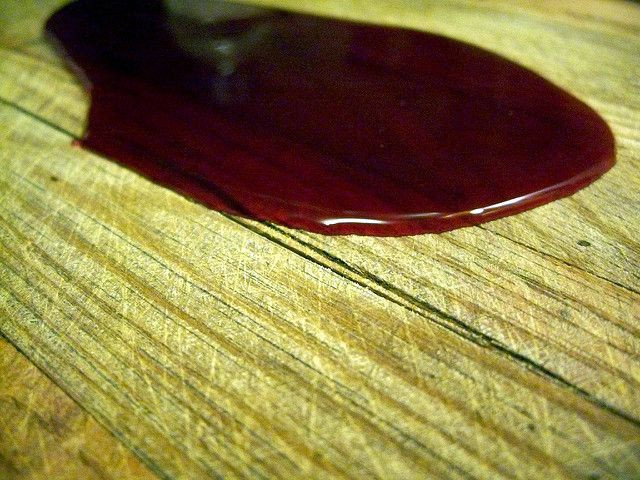What’s The Evolutionary Reason For LDL Blood Cholesterol In Humans And Other Mammals?


This question was originally published on Quora. Answer by Bart Loews,
Precision in language is important: Evolution does not have “reasons.”
Alleles change and if it doesn’t harm a species to the point that they are unable to reproduce for one reason or another, that trait will be carried on to the descendent generations. After the fact you can analyze why things worked the way they did, but it’s important to note that there is no “reason” or drive behind evolution.
On to the answer:
Cholesterol serves a number of purposes in the human body.
It’s used to:
- produce sex hormones
- produce steroidal hormones
- produce vitamin D
- produce digestive chemicals
- build cellular walls
- intracellular signalling
- Many other purposes
Low Density Lipoproteins (LDL) are actually fatty molecules that transport cholesterol and triglycerides to the cells in your body. It’s absolutely essential to your body’s functioning.
High Density Lipoproteins (HDL) are more dense lipoproteins that go through your blood vessels and collect LDLs. LDLs and HDLs are built and repurposed in the liver.
Dietary cholesterol is too large to enter the bloodstream from the intestines, so it’s either broken down into component parts or is shuttled to the liver through the lymphatic system and converted for uses listed above.
Cardiovascular disease can occur from small LDLs leaking inside arterial walls. The problem comes when LDLs are oxidized through contact with free radicals. [1] They get inside the arterial walls and your immune system tries to flush them out through inflammation and other immune responses. The result is more build up and eventually a clogged artery.
Dietary cholesterol plays no role in this build up, however, many foods that are high in cholesterol are also high in saturated fats. Saturated fats do cause an elevation of both LDLs and HDLs.
Most of the issues with LDLs arise from consumption of fructose (found in sucrose and HFCS). Fructose metabolizes down into LDLs and Very LDLs (VLDL) with no corresponding rise in HDL to properly clean up the excess LDLs, thus contributing to arterial plaque build up.
There are certain genetic conditions like familial hypercholesterolemia which is caused by a genetic defect to the LDLR gene making the LDL receptors in the cell membranes less effective and contributing to a build-up of LDL in the blood stream as it’s not being effectively taken in by the cells in need.
There is only speculation about what would happen if you had too low an LDL cholesterol count. A few years ago a woman was discovered in Zimbabwe who has an LDL count of 15 naturally, as well as an woman in Dallas, Texas, with the same gene who had a natural count of 14. [2] Neither of these women shows adverse effects as a result of this low count. There has been speculation that if you have too low cholesterol you may suffer from depression, anxiety, strokes, etc [3] though there is no consensus as to what constitutes “low” cholesterol.
LDLs are essential for your body to properly function and serves dozens of productive purposes which are completely overshadowed in people’s perceptions due to stigmatization from it’s relation to cardiovascular disease.
It’s true that many in first world countries have more LDLs than they need, but this fact doesn’t diminish its uses by your body.
Footnotes
- [1] https://www.ncbi.nlm.nih.gov/pmc...
- [2] Rare Mutation Ignites Race for Cholesterol Drug
- [3] Cholesterol level: Can it be too low?
More from Quora:
Published by Medicaldaily.com



























